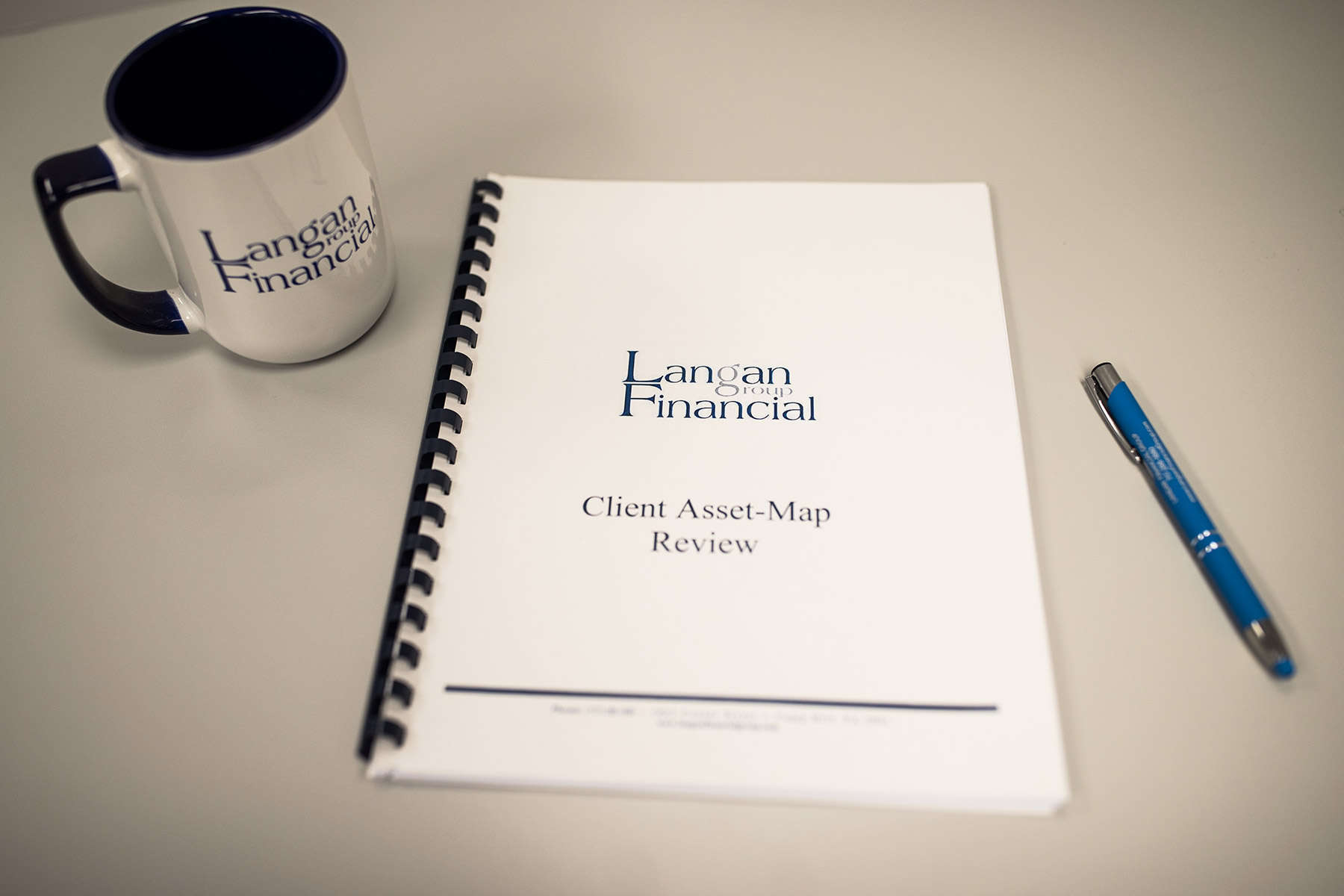When it comes to financial planning, updating beneficiaries is a crucial step that’s often overlooked. This simple yet vital task can have far-reaching consequences for your loved ones and the legacy you leave behind.

Why Keeping Beneficiaries Updated is Crucial
Keeping your beneficiaries up-to-date ensures that your final wishes are honored. It helps avoid legal complications and potential family disputes that can arise from outdated designations.
Moreover, proper beneficiary planning can protect your loved ones from unnecessary taxes and fees, maximizing the value of the assets you leave behind.
The Consequences of Outdated Beneficiary Designations
Failing to update your beneficiaries can lead to several unintended consequences:
- Assets may go to unintended recipients, such as ex-spouses or estranged family members.
- Your estate might face probate delays and additional expenses.
- Beneficiaries could face unexpected tax implications.
- Unclear beneficiaries could cause families to fight and raise legal action.

Life Events That Trigger the Need for Beneficiary Updates
Several life events should prompt you to review and update your beneficiaries:
- Marriage or divorce
- Birth or adoption of children
- Death of a named beneficiary
- Significant changes in relationships or financial situations
How to Update Your Beneficiaries
Updating beneficiaries is typically a straightforward process:
- Contact your financial institutions and insurance providers.
- Choose between online updates or paper forms, depending on the institution’s procedures.
- Keep records of all changes made.
Remember, beneficiary designations usually override will provisions, so it’s crucial to keep them current.
Primary vs. Contingent Beneficiaries: Understanding the Difference
Primary beneficiaries are first in line to receive assets, while contingent beneficiaries only inherit if the primary beneficiaries are deceased or unable to accept the inheritance.
It’s important to designate both to ensure your assets are distributed according to your wishes.
Special Considerations for Different Types of Accounts
Different accounts have unique rules regarding beneficiaries:
- Retirement accounts (401(k)s, IRAs) have specific tax implications for beneficiaries.
- Life insurance policies pay out directly to beneficiaries, bypassing the probate process.
- Bank accounts and investment accounts may offer “transfer on death” designations.

Documents to Review for Beneficiary Updates
Regularly review these documents to ensure your beneficiaries are up-to-date:
- Life insurance policies
- Retirement account statements
- Bank account documents
- Investment account statements
- Annuity contracts
- Health Savings Accounts (HSAs)
- 529 College Savings Plans
The Role of Your Will vs. Beneficiary Designations
While a will is crucial for overall estate planning, beneficiary designations typically take precedence over will provisions for specific assets. This makes keeping beneficiary designations current even more important.
Creating a Beneficiary Review Schedule
To stay on top of your beneficiary designations:
- Conduct annual check-ups of all your accounts and policies.
- Review beneficiaries after any major life event.
Seeking Professional Help: When to Consult an Attorney or Financial Advisor
- Complex Family Dynamics
If you have a blended family, dependents with special needs, or strained relationships, determining how to distribute your assets fairly and effectively can be challenging. - Tax Implications
Certain assets, such as retirement accounts or life insurance policies, may have significant tax consequences for your beneficiaries. - Alignment with Estate Plans
Beneficiary designations often override instructions in a will or trust. Without proper coordination between these documents, your intentions may not be carried out as you envision. - Large or High-Value Estates
For individuals with substantial assets, estate taxes and other legal considerations can complicate the distribution process. Professionals can provide strategies to protect your wealth and preserve it for future generations. - Specialized Financial Goals
If you have specific goals, such as funding a charitable organization, setting up a trust for minor children, or ensuring lifetime income for a spouse, financial advisors can recommend tailored solutions to meet those objectives.
Protecting Your Legacy Through Regular Beneficiary Reviews
Regularly updating your beneficiaries is a simple yet powerful way to ensure your assets are distributed according to your wishes.
By staying proactive and reviewing your designations annually or after major life events, you can protect your legacy and provide for your loved ones as intended. Remember, a little effort now can prevent significant complications for your beneficiaries in the future.
bout the Financial Planning Author

Alexander Langan, J.D, CFBS, serves as the Chief Investment Officer at Langan Financial Group. In this role, he manages investment portfolios, acts as a fiduciary for group retirement plans, and consults with clients regarding their financial goals, risk tolerance, and asset allocation.
With a focus on ERISA Law, Alex graduated cum laude from Widener Commonwealth Law School. He then clerked for the Supreme Court of Pennsylvania and worked in the Legal Office of the Pennsylvania Office of the Budget, where he assisted in directing and advising policy determinations on state and federal tax, administrative law, and contractual issues.
Alex is also passionate about giving back to the community, and has participated in The Foundation of Enhancing Communities’ Emerging Philanthropist Program, volunteers at his church, and serves as a board member of Samara: The Center of Individual & Family Growth. Outside of work and volunteering, Alex enjoys his time with his wife Sarah, and their three children, Rory, Patrick, and Ava.
About Langan Financial Group: Financial Advisors
Langan Financial Group is an award-winning financial planning firm with offices in York, Pennsylvania and Harrisburg, Pa.
With over 100+ 5-star reviews, Langan Financial Group is an independent financial planning firm established in 1985, offering a broad range of financial planning services.
With an open architecture platform, our advisors have access to a diverse range of products, free from any sales quotas.
Our team of 9 financial experts, each with unique specialties, enhances our ability to focus on delivering value to our clients.
Disclosure
The content is developed from sources believed to be providing accurate information. The information in this material is not intended as tax or legal advice.
Please consult legal or tax professionals for specific information regarding your individual situation.
The opinions expressed and material provided are for general information, and should not be considered a solicitation for the purchase or sale of any security.
Securities offered through Cambridge Investment Research, Inc., a Broker/Dealer, Member FINRA/SIPC.
Investment Advisor Representative, Cambridge Investment Research Advisors, Inc. a Registered Investment Advisor. Cambridge and Langan Financial Group, LLC are not affiliated.
Cambridge does not offer tax or legal advice.



